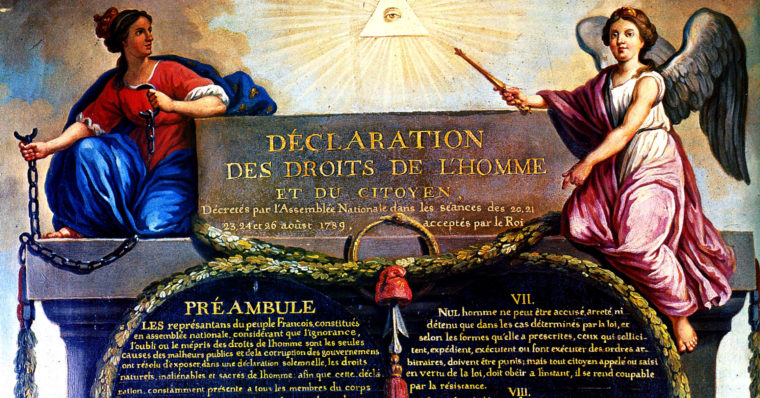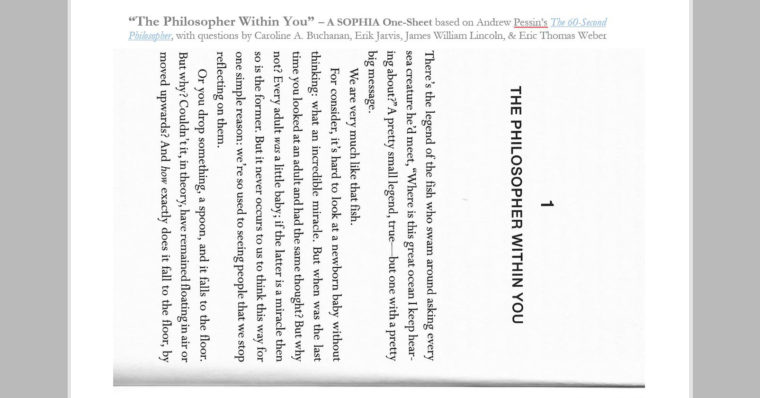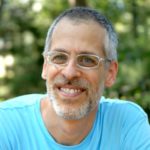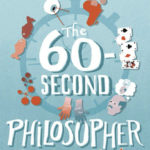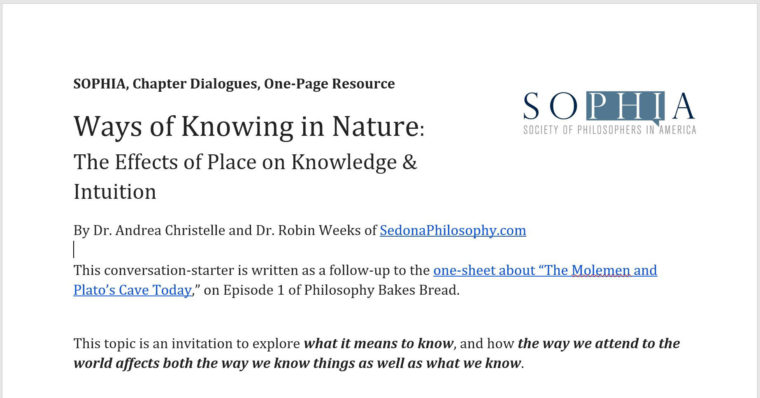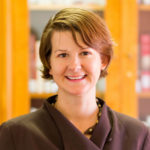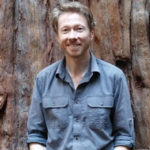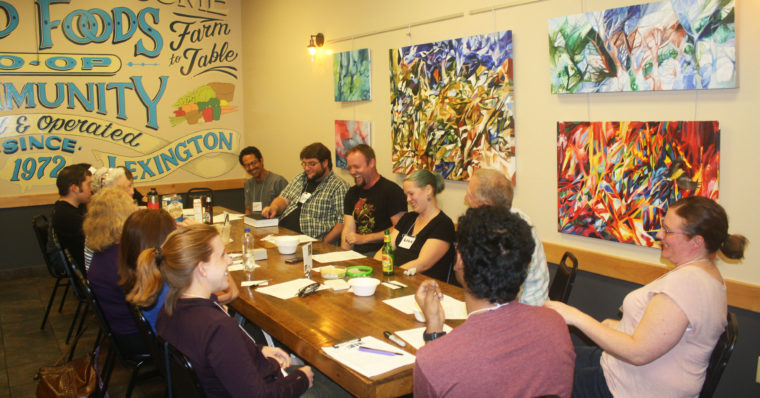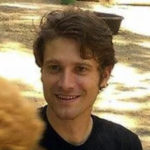
Toby is also the founder and host of the Political Philosophy Podcast, which, according to his Web site, is “a weekly 45-50 minute interview with a philosopher or public figure that digs deep into questions of ethics, intuition, introspection and political morality.” Early episodes have covered topics like “Black Atheism,” “Neo-Republicanism,” and “Corruption and Citizenship.” Check out the show and consider subscribing.
Listen for our “You Tell Me!” questions and for some jokes in one of our concluding segments, called “Philosophunnies.” Reach out to us on Facebook @PhilosophyBakesBread and on Twitter @PhilosophyBB; email us at philosophybakesbread@gmail.com; or call and record a voicemail that we play on the show, at 859.257.1849. Philosophy Bakes Bread is a production of the Society of Philosophers in America (SOPHIA). Check us out online at PhilosophyBakesBread.com and check out SOPHIA at PhilosophersInAmerica.com.
(1 hr 9 mins)
Click here for a list of all the episodes of Philosophy Bakes Bread.
Subscribe to the podcast!
We’re on iTunes, Google Play, Spotify, Stitcher, and even now on YouTube, and we’ve got a regular RSS feed too!
Notes
- The Political Philosophy Podcast.
- Amnesty International.
- We thanked Drake Boling and Steven Barrera for their help with this and other episodes, mentioning that they are students at the University of Kentucky. Steven has graduated since we recorded this episode! Congratulations, Steven!
- And thanks also again to Paula Davis for help editing this episode!
You Tell Me!
For our future “You Tell Me!” segments, Toby posed the following question in this episode:
“Do philosophers need to go out and do some door-knocking?”
Let us know what you think! Via Twitter, Facebook, Email, or by commenting here below.


